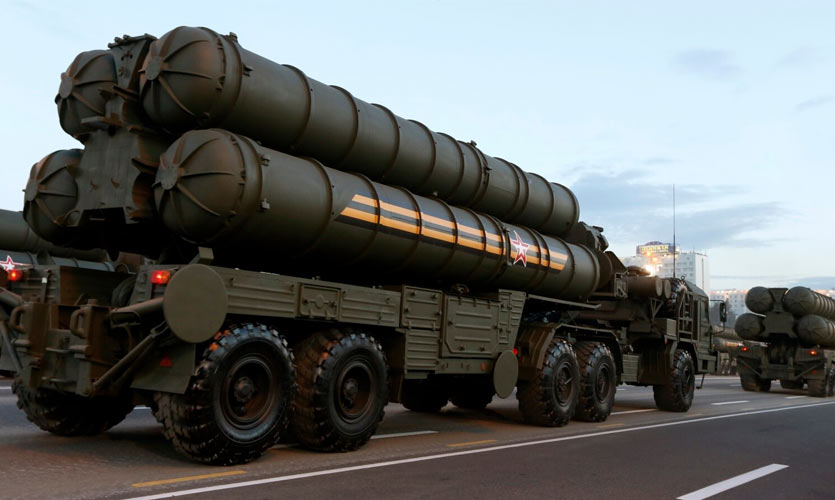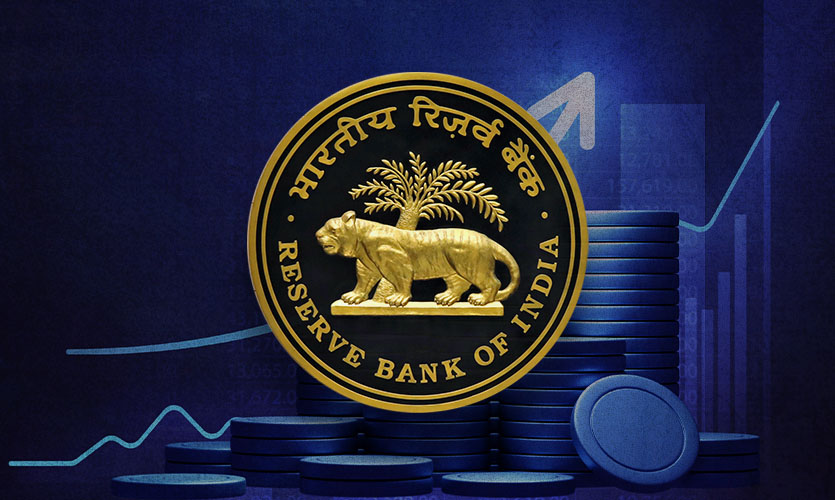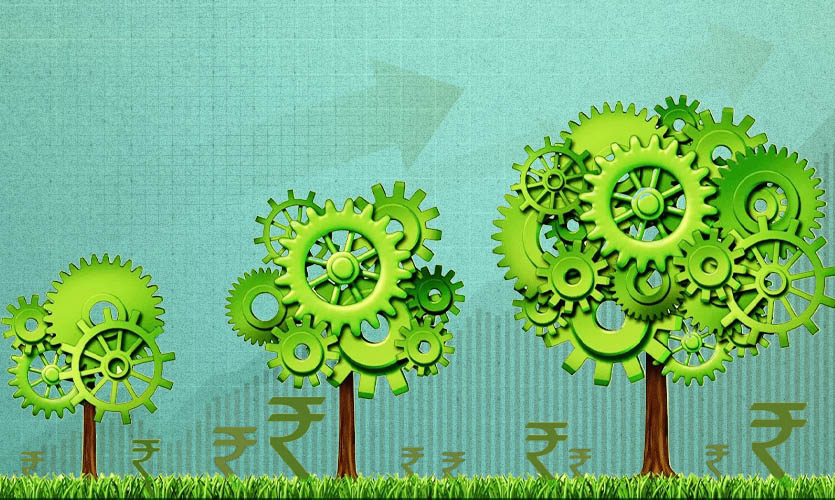India’s decision to abstain from voting on the resolution passed by the United Nations General Assembly (UNGA), and at the UN Security Council, which demanded that Russia cease its invasion of Ukraine, indicates not its support for the Kremlin but its economic reliance on Russia for energy, weapons and support against the looming threats from its neighbours.
On February 24, Prime Minister Narendra Modi, in his telephone conversation with Russian President Vladimir Putin, appealed for an “immediate cessation of violence”. He further requested the need for diplomacy and said, “Differences between Russia and the NATO group can only be resolved through honest and sincere dialogue.”
By the end of 2025, India and Russia have set a target of $30 billion in bilateral trade. During 2020-2021, bilateral trade between India and Russia was close to $8.1 billion. India’s exports were equivalent to $2.6 billion, while imports from Russia amounted to $5.5 billion. The Indian economy depends on Russian oil and gas. In 2021 India imported 1.8 million tons of thermal coal from Russia, which accounts for about 0.2 percent of Russia’s natural gas exports. A 20-year deal between the State-run Gas Authority of India Limited (GAIL) and Russia’s Gazprom for 2.5 million tons of liquefied natural gas a year, since 2018, also contributes to India’s continued reliance on Russia.
In 2021, Modi and Putin signed an agreement to extend their military technology cooperation for the next decade. India acquired Russian S-400 missile systems that would be critical in its conflict with China. The S-400 is a sophisticated surface-to-air defence system that could give India strategic deterrence against rivals China and Pakistan. On the other hand, the common ground between the Indo-Pacific Quadrilateral Security Dialogue (the Quad) is based on the support New Delhi has received from Washington and its allies in confronting China. India has tried to diversify its weapons purchases with US equipment. Under the Donald Trump administration, the US and India signed defence deals worth over $3 billion, with the total bilateral defence trade amounting to $15 billion in 2019.
As the Ukraine crisis gets worse, India will have to navigate the issue of international sanctions against Russia, particularly its missile system deal, which is now at risk of facing US sanctions after it asked the countries it considers partners to stay away from Russian military equipment. Noor Ahmed Baba, a political scientist, says that while Western countries will be unhappy with India, they probably can’t afford to entirely alienate New Delhi. “After all, countries balance principles with real politicking and diplomacy,” he said. “It’s not only India’s advantage to be with the West, but they also need India.” The looming threat of sanctions is not just limited to defence trade but also other commodities such as engineering goods, automobile components, pharmaceuticals, telecom equipment and agricultural products – particularly, fertilisers – which are crucial for the country’s agriculture sector.
India is currently exploring ways to set up a rupee payment mechanism for trade with Russia to reduce the blows from the sanctions, according to government and banking sources. Stopping the vital supplies of fertiliser from Russia could disrupt India’s vast farm sector. According to the sources, funds in such accounts will act as a guarantee of payment for trade exchanged between two countries, while the parties barter commodities from each other to offset the sum. A similar arrangement is being explored where part of the settlement with Russia is in foreign currency, and the rest is through local rupee accounts, taking lessons from the mechanisms India used with Iran when Western sanctions were imposed over its nuclear weapons programme.
The Indian government is still devising an analysis on the sectors that will be hit the hardest and how to reduce its impact. “While the government is discussing this matter regularly internally through an inter-ministerial dialogue to assess the impact, it will, nevertheless, entail a tedious process of listing out all Russian entities that are covered under American, European as well as UN sanctions, separately,” a source told the Print.
With both Pakistan and China seen on Putin’s side in recent times, India must leverage its defence and trade relations with Russia to ensure its safety and that its needs are met. Its decision to abstain may not seem ideal to the rest of the world, but its reliance on Russia shows that it is a better option given the circumstances. However, the country walks a tightrope and its efforts will be directed towards establishing a balance between the US, the rest of the West, and Russia, who for decades has been an important ally to India.










